André P. Boezaart
Although the timeless quote of Alon Winnie (ASRA Founding Father), that regional anesthesia is simply an exercise in applied anatomy, rings true and will continue to ring true for many years to come, we now have a better understanding of the micro- and ultrastructure of the nerves and the anatomical features – membranes, fascia, fascial planes, and barriers – that surround them. With this understanding on an anatomical basis, anesthesiologists can now better appreciate the reasoning behind why pain blocks sometimes fail; or where the “sweet spot” of a nerve is and how to find it; or why epidural blocks are segmental while subarachnoid blocks are not; or why older patients are less prone to postdural puncture headache, and many more issues of regional anesthesia and pain medicine. The Anatomical Foundations of Regional Anesthesia and Acute Pain Medicine is a textbook which explains the sensory function of each nerve in the human body in detail, including the motor function. The textbook also features detailed information on nerve sonoanatomy.
This textbook is written and designed to convey practical working knowledge of the macro-, micro-, sono-, and functional anatomy required for regional anesthesia and acute pain medicine in an accessible manner through the use of detailed illustrations, (anatomical figures, diagrams and tables), with simplified legends and videos that allow readers to understand concepts – such as percutaneuous nerve mapping and nerve blockade access – in a dynamic manner. The extensive reference lists adequately complement the knowledge provided in the text. The book is essential for all medical graduates and training anesthesiologists seeking to understand the basics and detailed nuances of nerve anatomy and regional anesthesia.
Product Details
- ISBN: 9781681081915

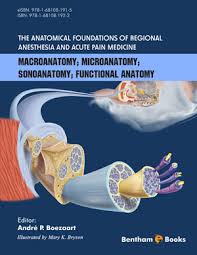
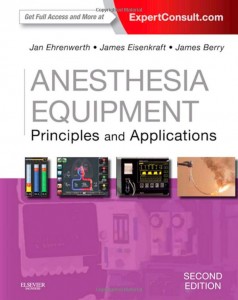
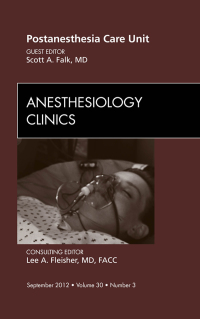
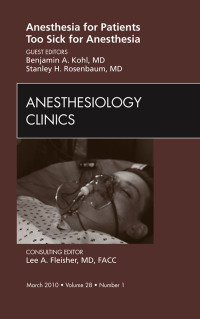
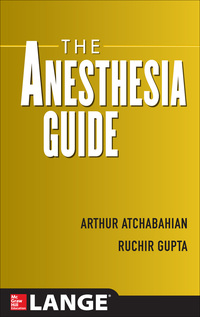
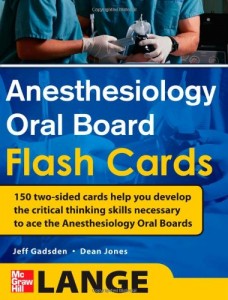
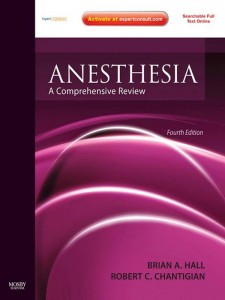
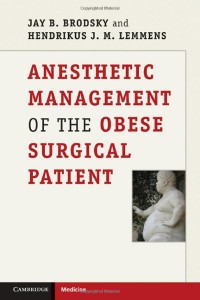
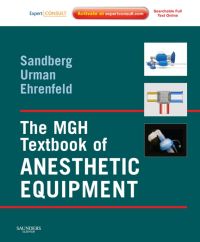
Reviews
There are no reviews yet.